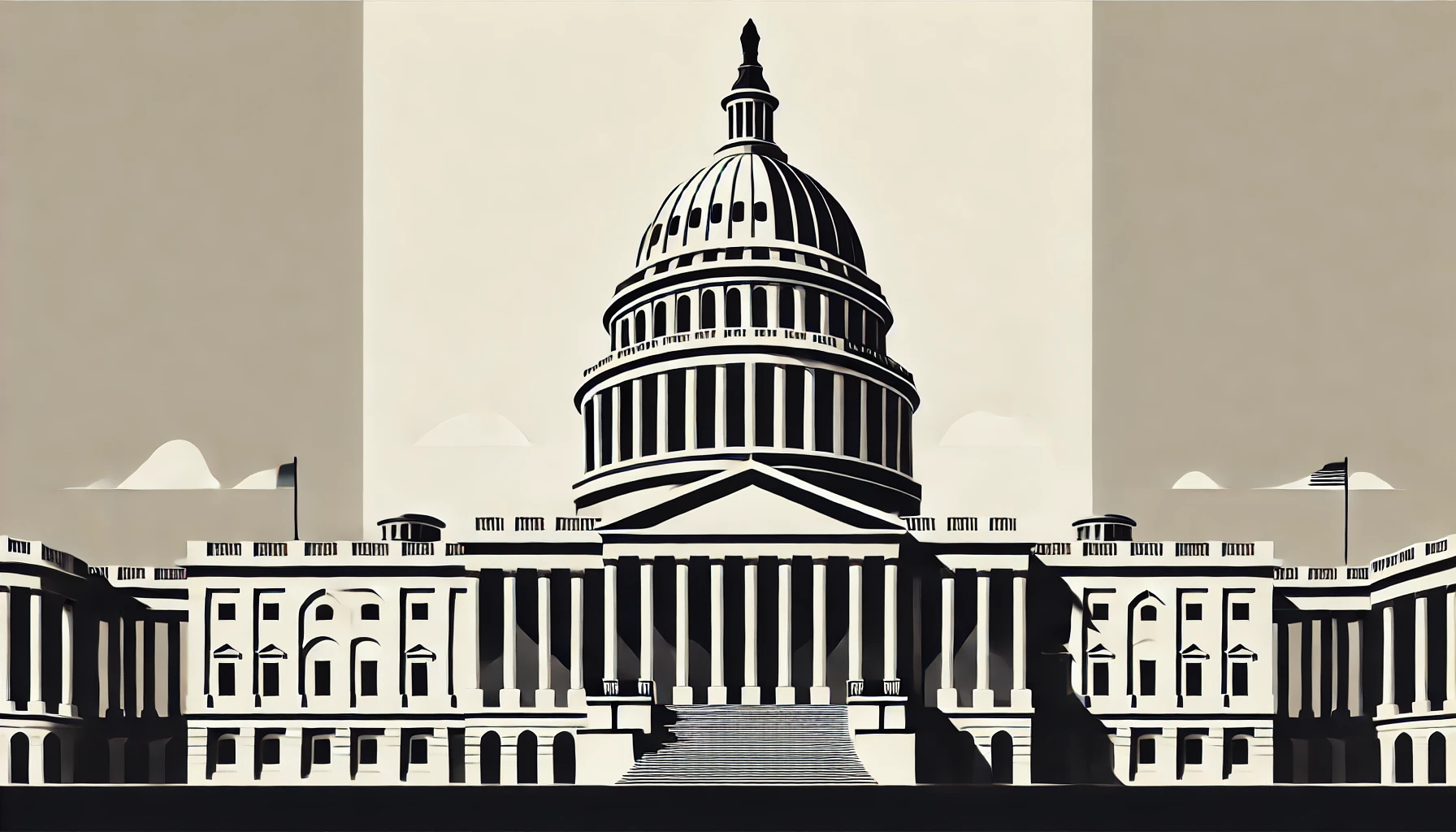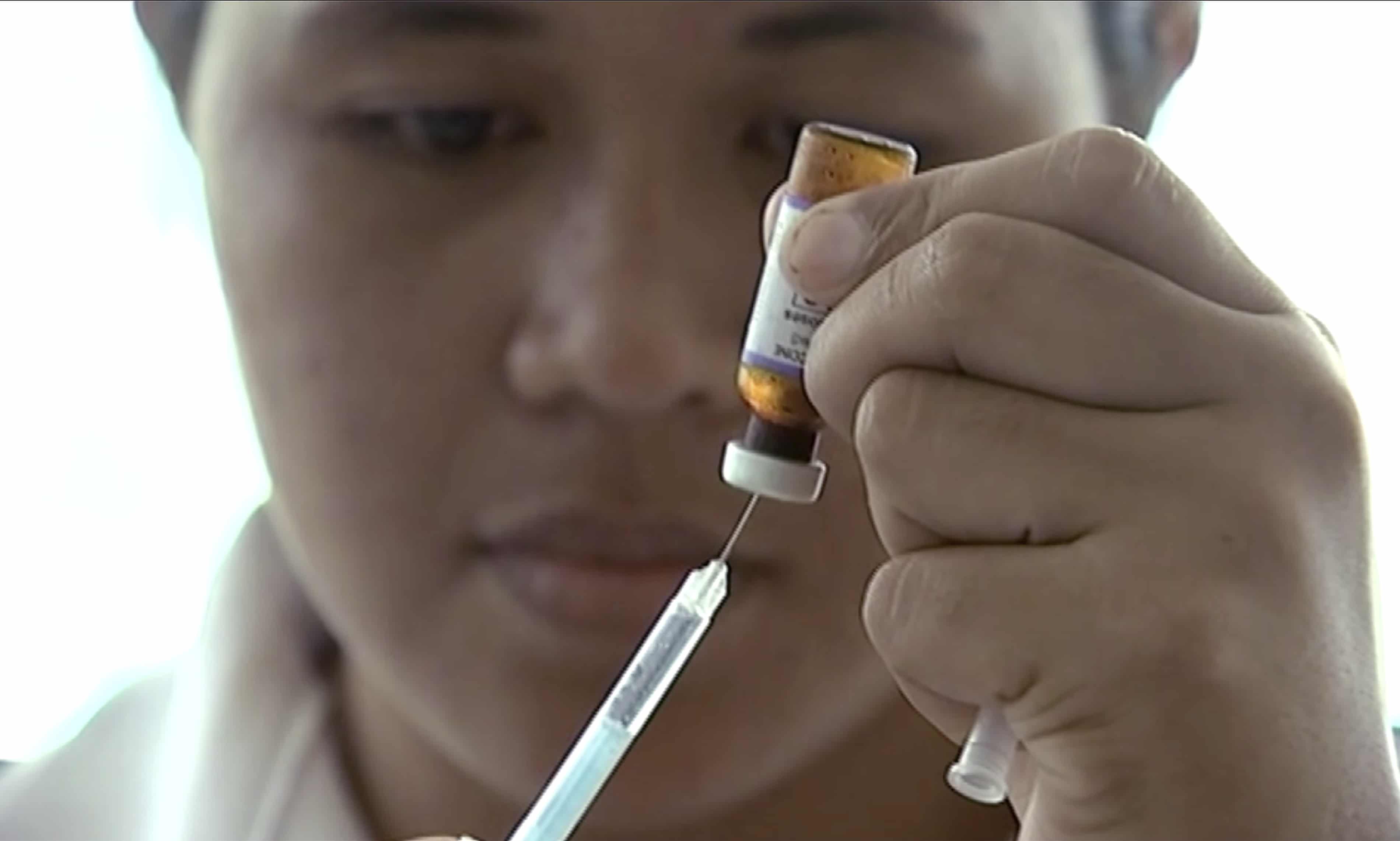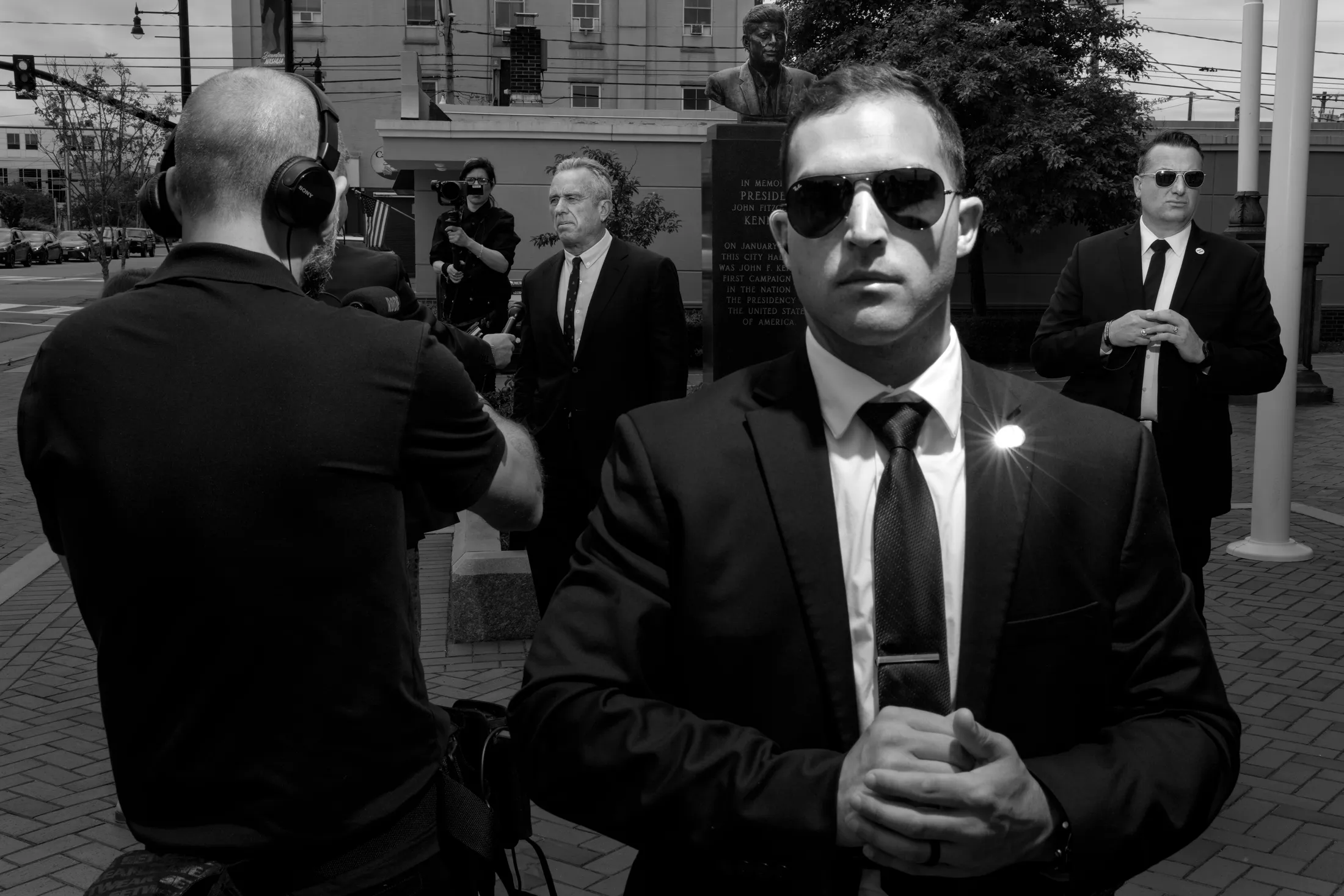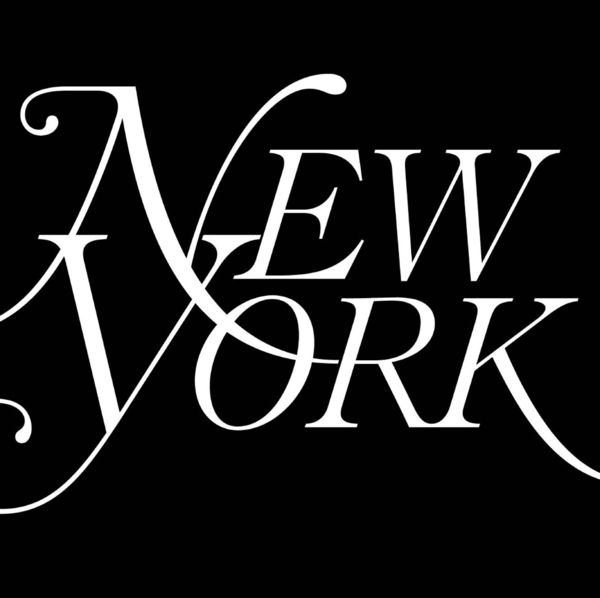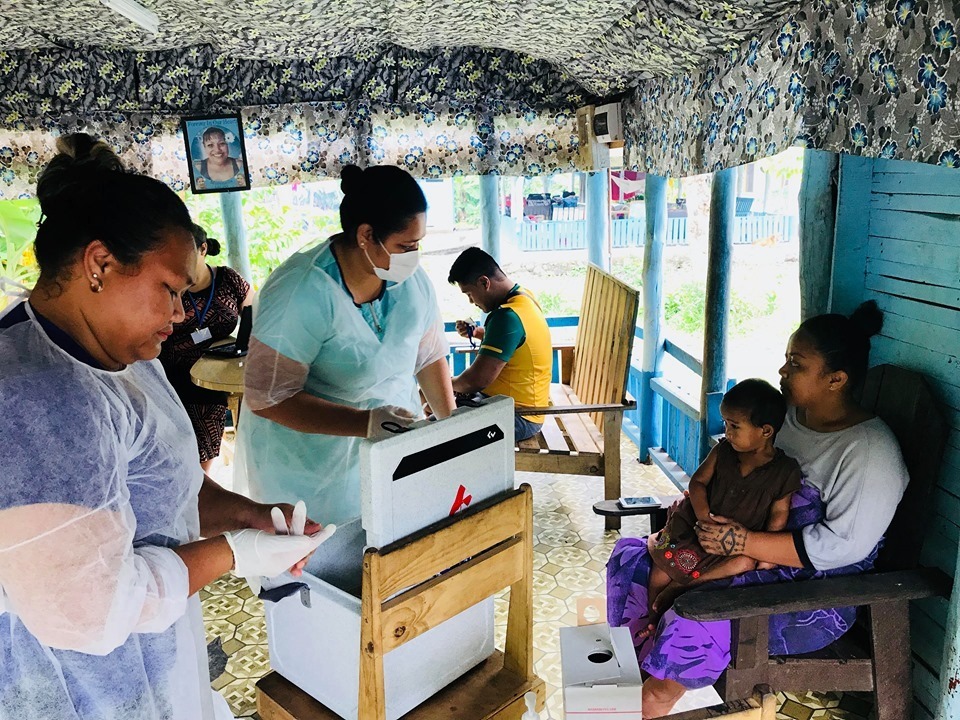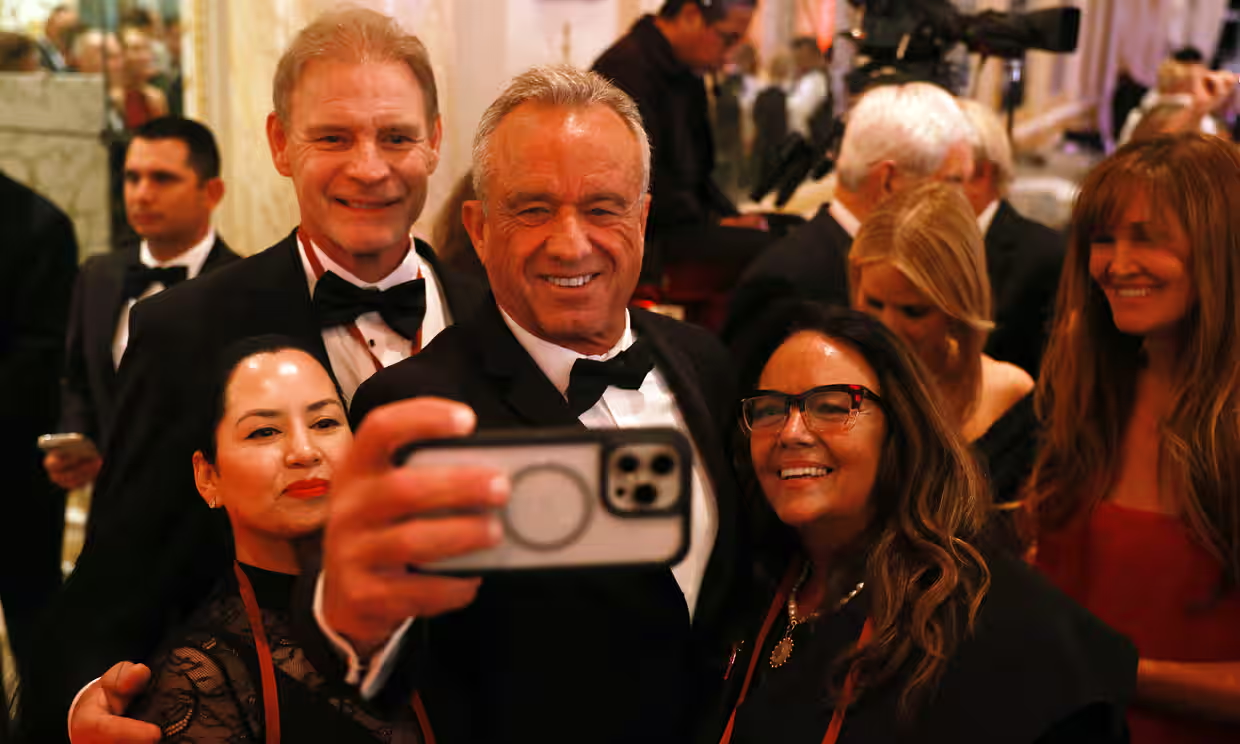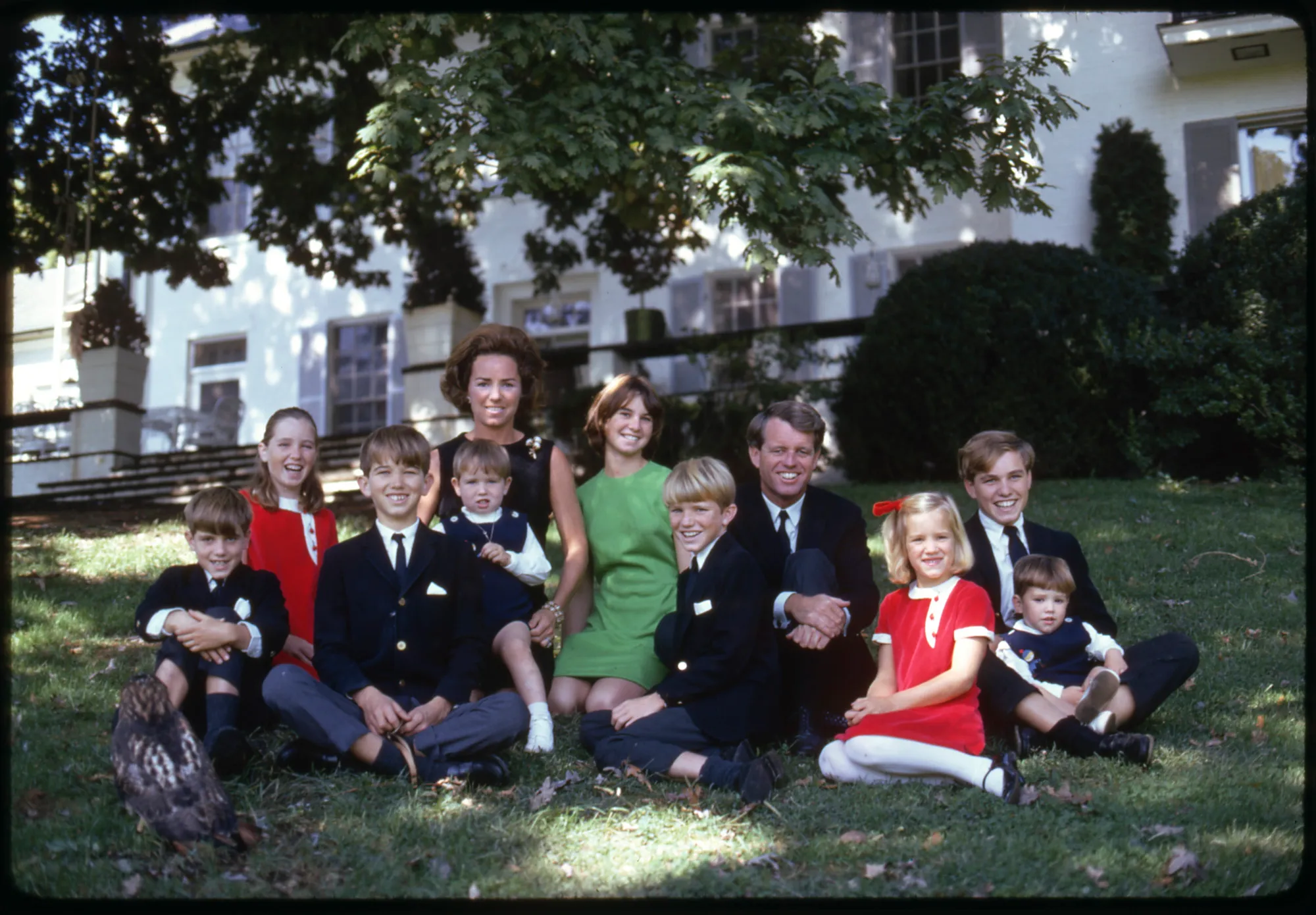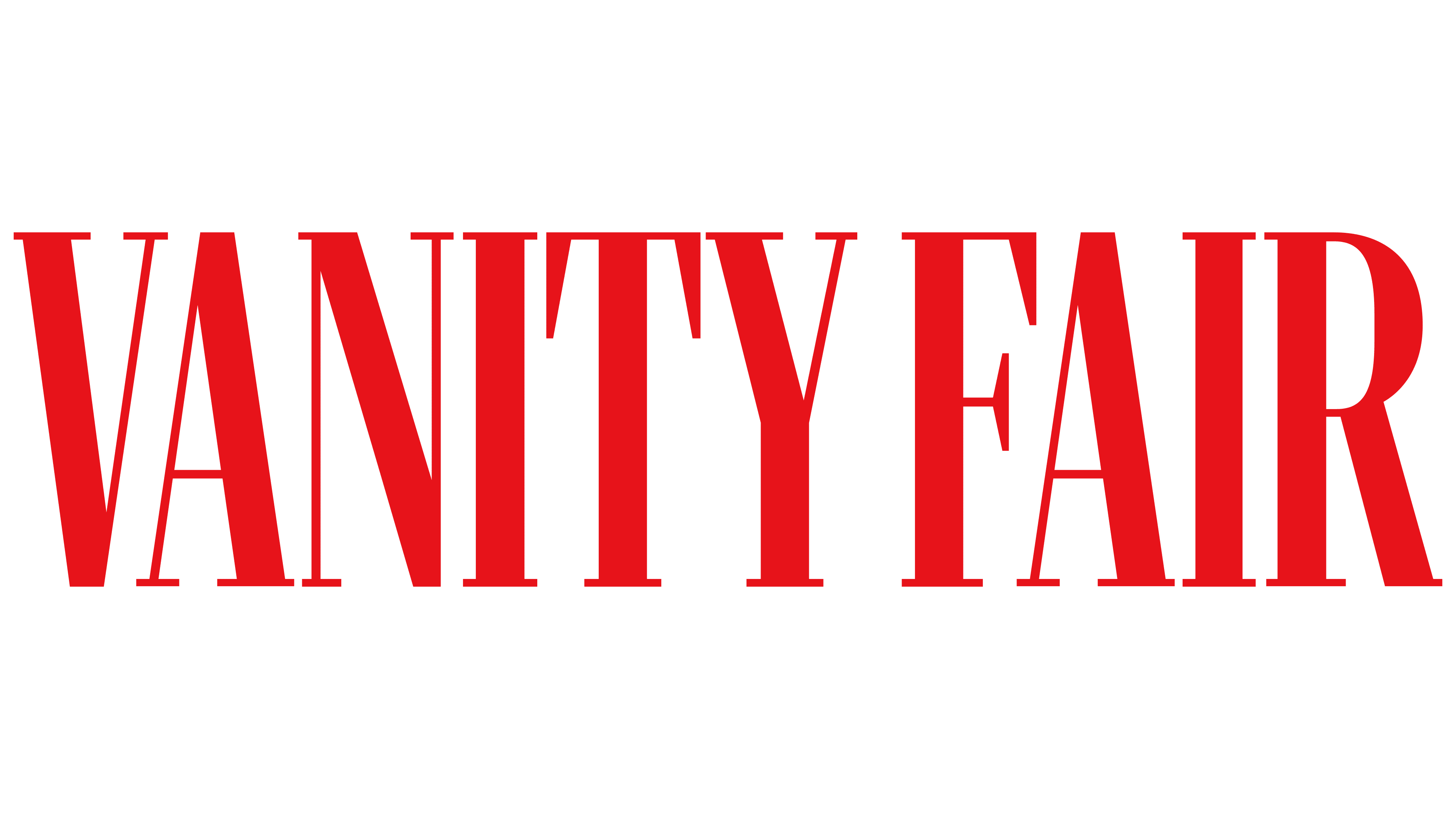MISLEADING CLAIMS
HIV and AIDS
Synopsis
RFK Jr’s The Real Anthony Fauci provides an incisive critique of the HIV/AIDS paradigm as enforced by Dr. Anthony Fauci. It also reveals his views on HIV and AIDS, a topic for which he is often criticized. While acknowledging HIV as a factor in AIDS, RFK Jr is skeptical that HIV is the sole cause of AIDS. He identifies significant challenges to the HIV-centric model, including cases of immune suppression unrelated to HIV and inconsistencies in disease progression. RFK Jr explores alternative hypotheses — while he does not endorse any specific alternative hypothesis — he strongly critiques the suppression of debate and funding to investigate them. He highlights the silencing of notable figures such as Peter Duesberg, Luc Montagnier, and Kary Mullis, whose dissenting views were marginalized under Fauci’s centralized control. The book underscores the dangers of industry influence in public health policy and calls for a reinvigoration of open inquiry and ethical scientific practices.
RFK Jr explores several alternative explanations for AIDS, such as the toxicity of nitrite poppers and AZT, the role of human herpesvirus 6 (HHV6), and other potential co-factors. He emphasizes the systemic suppression of these ideas, arguing that Fauci and the NIH prioritized pharmaceutical solutions while sidelining broader, multifactorial approaches to understanding immune suppression.
RFK Jr critiques Fauci’s role in fostering a climate where profit-driven pharmaceutical solutions overshadowed open inquiry and scientific rigor. He argues that this approach stifled innovation and prioritized corporate interests over public health and scientific discovery.
Background
In The Real Anthony Fauci, RFK Jr dedicates four chapters (approximately 250 pages) to the HIV/AIDS crisis, offering a critical examination of the mainstream HIV/AIDS hypothesis and the role of Dr. Anthony Fauci in shaping the scientific and public health response. This discussion focuses on suppressing alternative perspectives, the influence of industry interests, and the broader implications for scientific inquiry and public health policy. RFK Jr explores the emergence of the HIV/AIDS paradigm, its enforcement under Fauci’s leadership, and the resulting marginalization of dissenting voices and competing hypotheses.
The HIV/AIDS hypothesis
The mainstream hypothesis, championed by Fauci and institutionalized under the Department of Health and Human Services, positions HIV as the definitive cause of AIDS. This approach became dominant after the co-discovery of HIV by Luc Montagnier Robert Gallo. Fauci declared HIV as the sole cause of AIDS, enforcing a rigid narrative that shaped research priorities and funding decisions. This resulted in an overreliance on pharmaceutical interventions like AZT, a highly toxic drug used to combat HIV.
Contrary to popular belief, RFK Jr does not contend that HIV is not a cause of AIDS. He does, however, believe that while HIV is a cause, it is not the sole cause of AIDS. “For the record, I believe that HIV is a cause of AIDS,” RFK Jr writes, “but Dr. Fauci’s acknowledgment of non-HIV AIDS shows that causation is more complex than the official theology.”
Challenges to the HIV hypothesis
RFK Jr underscores significant challenges to the HIV-centric model. Critics have pointed out gaps in the evidence linking HIV to AIDS:
- Many AIDS patients do not test positive for HIV, and a large number of HIV-positive individuals never develop AIDS: HIV’s presence in healthy individuals contradicts claims that it is universally pathogenic.
- AIDS symptoms often appear decades after HIV infection, a timeline inconsistent with typical viral diseases.
- The viral load in AIDS patients does not correlate with disease severity, undermining the idea that HIV is the primary cause.
- Non-HIV AIDS cases, such as those linked to chronic fatigue syndrome (CFS), have been largely ignored.
- Reports of AIDS-like symptoms in patients without HIV challenged the singular-pathogen model. This phenomenon, known as “idiopathic CD4+ lymphocytopenia” (ICL), highlighted inconsistencies in the HIV-only hypothesis. Efforts to silence dissent extended to defining new illnesses like ICL to avoid acknowledging gaps in the HIV/AIDS narrative.
- Despite evidence of non-HIV AIDS cases, Dr. Fauci and his allies downplayed their significance to protect the prevailing narrative.
RFK Jr argues that the singular focus on HIV has left other potential causes of immune suppression — such as lifestyle factors, co-infections, and environmental toxins — unexplored.
Alternative hypotheses
RFK Jr presents several alternative or complementary hypotheses to the HIV model, including:
- Toxicity of nitrite poppers: Widely marketed to gay men in the 1980s, these substances may have contributed to immune suppression.
- AZT and drug toxicity: The early use of AZT as an AIDS treatment may have caused significant harm, raising questions about whether the therapy exacerbated the disease.
- Human Herpesvirus 6 (HHV6): Gallo initially researched this virus but was sidelined despite its potential relevance to AIDS.
- Mycoplasma and other co-factors: Possible contributions to immune suppression and AIDS progression remain underexplored.
While RFK Jr does not endorse any specific alternative hypothesis, he criticizes the suppression of their exploration under Fauci’s leadership at the NIH. He highlights how Fauci marginalized these theories by restricting funding and funneling resources exclusively toward HIV research.
Suppression of debate and scientific inquiry
RFK Jr highlights several other notable figures who were effectively silenced or marginalized for challenging the mainstream HIV/AIDS narrative or the broader pharmaceutical-driven public health paradigm. Some of these figures include:
- Peter Duesberg: A pioneering molecular biologist and cancer genetics expert, Duesberg argued that HIV was not the primary cause of AIDS but rather a “passenger virus.” After challenging the HIV hypothesis in 1987, Duesberg was systematically ostracized, losing every NIH grant proposal he submitted—30 in total. He was branded an “AIDS denialist,” effectively ending his mainstream career.
- Luc Montagnier: The Nobel laureate and original discoverer of HIV expressed nuanced views, suggesting that HIV alone might not cause AIDS. Montagnier was marginalized for these views despite his foundational contributions to the field.
- Kary Mullis: The Nobel Prize-winning inventor of the polymerase chain reaction (PCR) technique openly criticized Fauci’s scientific acumen and the dogmatic enforcement of the HIV hypothesis. Mullis was vocal about the need for open inquiry and dismissed the simplistic portrayal of HIV as the sole cause of AIDS.
- Robert Gallo: Although Gallo was a central figure in establishing the HIV/AIDS hypothesis and benefited greatly from his association with it, RFK Jr points out that even Gallo experienced suppression when his research veered into areas that contradicted Anthony Fauci’s directives. For example, Gallo pioneered research into HHV6 as a potential co-factor in AIDS but faced funding cuts when Fauci focused all resources on HIV as the sole cause. Gallo’s credibility was tarnished by allegations of unethical practices, including accusations of “stealing” HIV from Montagnier. While politically insulated for a time, Gallo was ultimately sidelined when his research conflicted with Fauci’s agenda.
- Younger researchers in AIDS research: In 1996, Fauci abruptly terminated a $16 million study involving around 100 independent scientists. This study aimed to explore why many HIV-positive individuals never developed AIDS, which posed a challenge to the HIV-centric model. RFK Jr cites Newsweek’s reporting that this abrupt cut may have been retaliation for these scientists’ criticisms of NIH’s narrow focus on HIV. These younger researchers were silenced collectively by the withdrawal of support and funding.
- Christine Maggiore: An AIDS activist and critic of the HIV/AIDS hypothesis, Maggiore questioned the scientific basis for HIV as the sole cause of AIDS and advocated for a broader examination of potential causes and treatments. She was vilified as a “denialist” and blamed for her own death from complications associated with immune suppression despite her extended survival without conventional HIV treatments.
- John Lauritsen: An investigative journalist and author, Lauritsen meticulously documented the flaws in early AZT trials and the broader issues of scientific misconduct in AIDS research. His work challenged the safety and efficacy of AZT, raising critical questions about its approval process. Lauritsen’s critiques were largely ignored or dismissed by mainstream media, and his efforts to hold public health officials accountable went unacknowledged by the medical establishment.
- Dissenting journalists and researchers: RFK Jr also discusses the broader climate of suppression that Fauci fostered. Journalists who provided platforms for dissenters, such as those who interviewed Peter Duesberg, were warned that their access to scientists would be cut off if they continued. Scientists who questioned the toxicity of AZT or proposed alternative causes of AIDS risked their careers by opposing Fauci’s orthodoxy, as funding and publication opportunities were systematically denied.
Fauci’s role in shaping AIDS research
RFK Jr portrays Fauci as a bureaucratic gatekeeper who used his power to consolidate a pharmaceutical-driven approach to AIDS. Fauci:
- Directed funding away from alternative hypotheses.
- Terminated research into why many HIV-positive individuals never develop AIDS.
- Threatened journalists who gave platforms to dissenting scientists like Duesberg.
- Built a “lucrative AIDS drug empire” around toxic drugs like AZT while dismissing less profitable, potentially safer interventions.
Impact on science and public health
RFK Jr argues that Fauci’s suppression of debate transformed the scientific process into a controlled enterprise dictated by profit motives and dogma. The pursuit of open inquiry — essential to scientific progress — was subordinated to maintaining the dominance of the HIV hypothesis. Critics were silenced through funding cutoffs, professional ostracization, and reputational attacks. This climate stifled innovation, ignored potential life-saving insights, and solidified the pharmaceutical industry’s grip on public health policy.
Conclusions
RFK Jr’s account underscores the critical need for open scientific inquiry and the dangers of centralized control and industry-driven agendas. He critiques Dr. Anthony Fauci’s role in enforcing a singular HIV/AIDS hypothesis, which stifled alternative research and prioritized pharmaceutical profits over a multifaceted understanding of AIDS and immune suppression. RFK Jr’s call for decentralization, transparency, and accountability in scientific research highlights the importance of fostering a system that values different perspectives, the fearless questioning of orthodoxy, and the humility and openness of established researchers to encourage and address those questions.
Suppressing dissent and marginalizing alternative hypotheses risks undermining public trust, hampering the pursuit of knowledge and the development of truly effective solutions.
RFK Jr portrays Fauci’s enforcement of a singular hypothesis as emblematic of a broader trend in public health, where centralized authority and corporate influence stifle scientific exploration and innovation. The suppression of dissenting voices and the marginalization of alternative research hinder the pursuit of reliable knowledge and risk, reducing science to a tool for profit rather than a pathway to truth.
